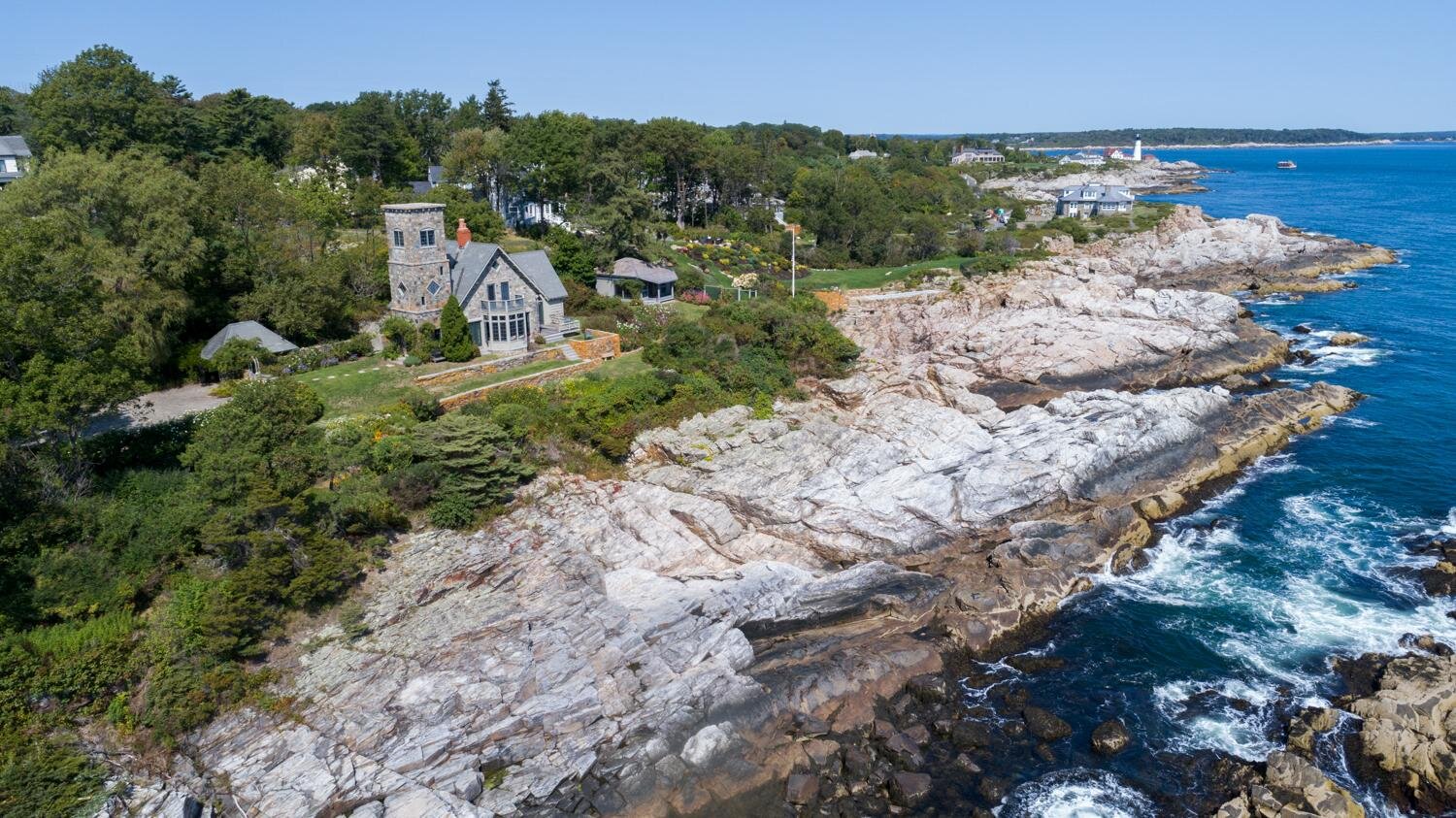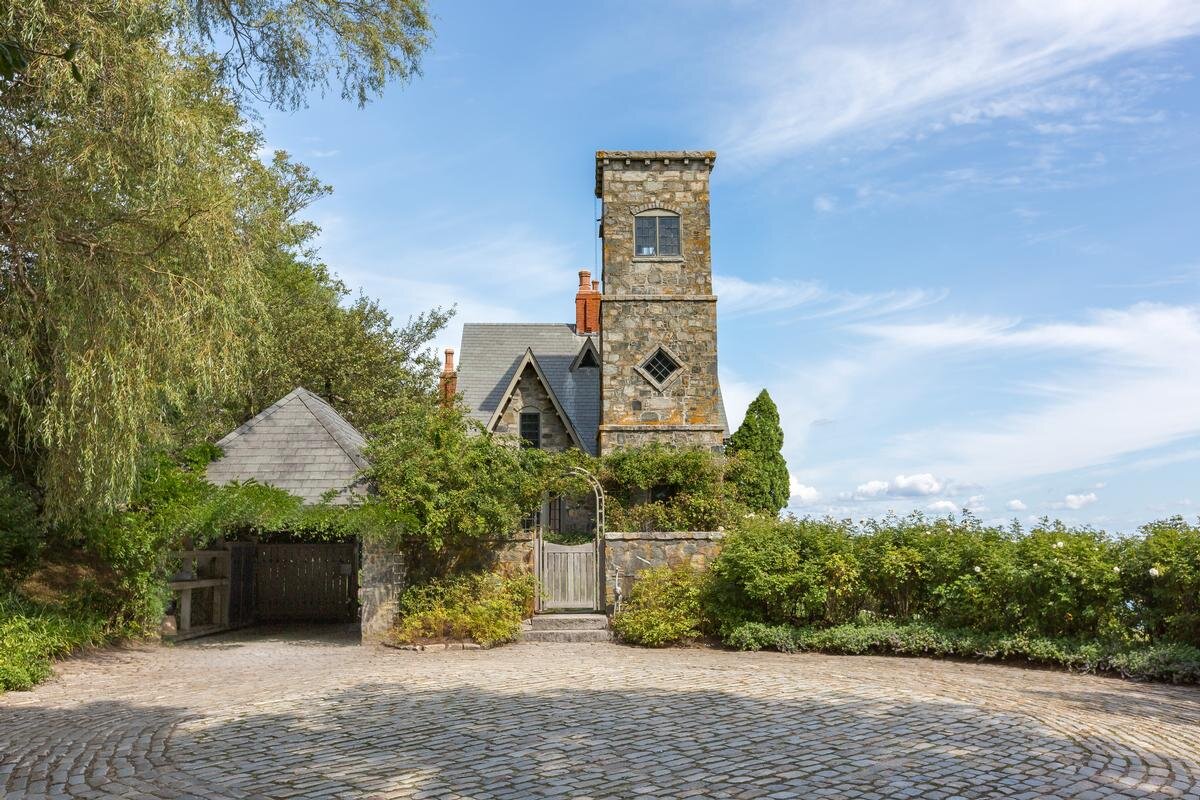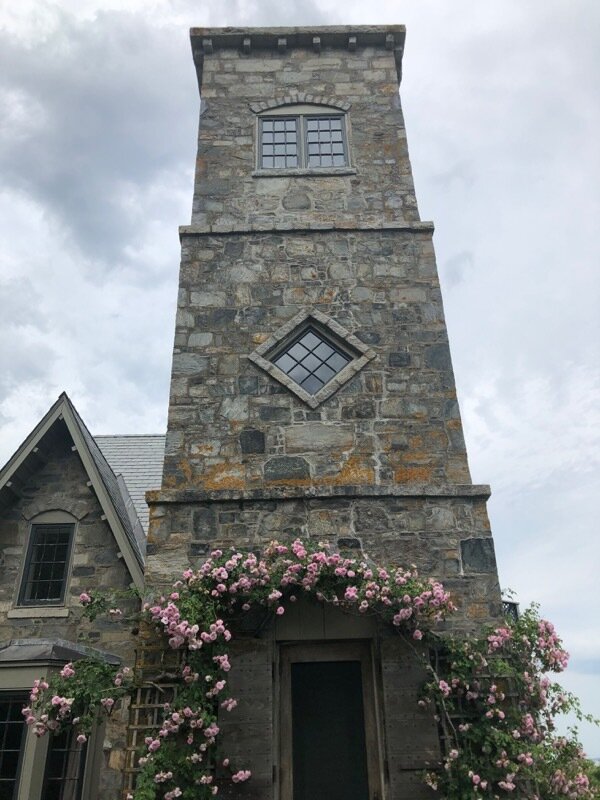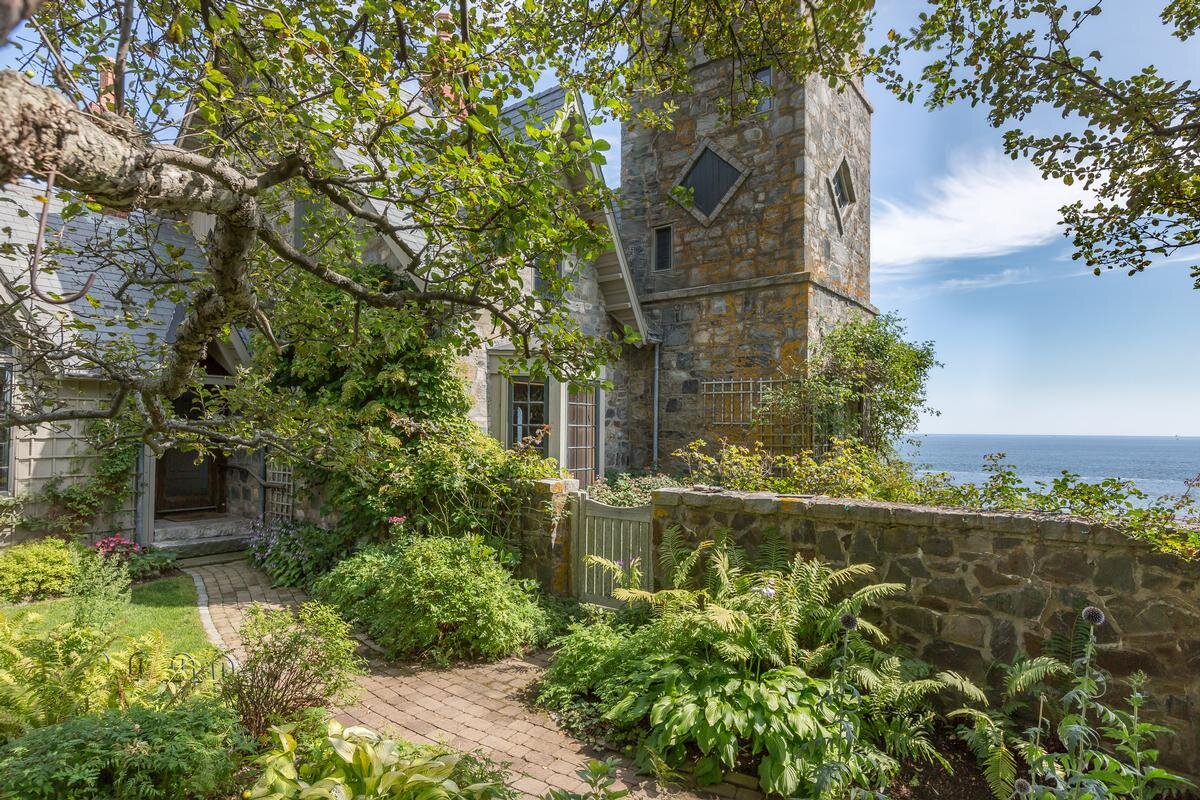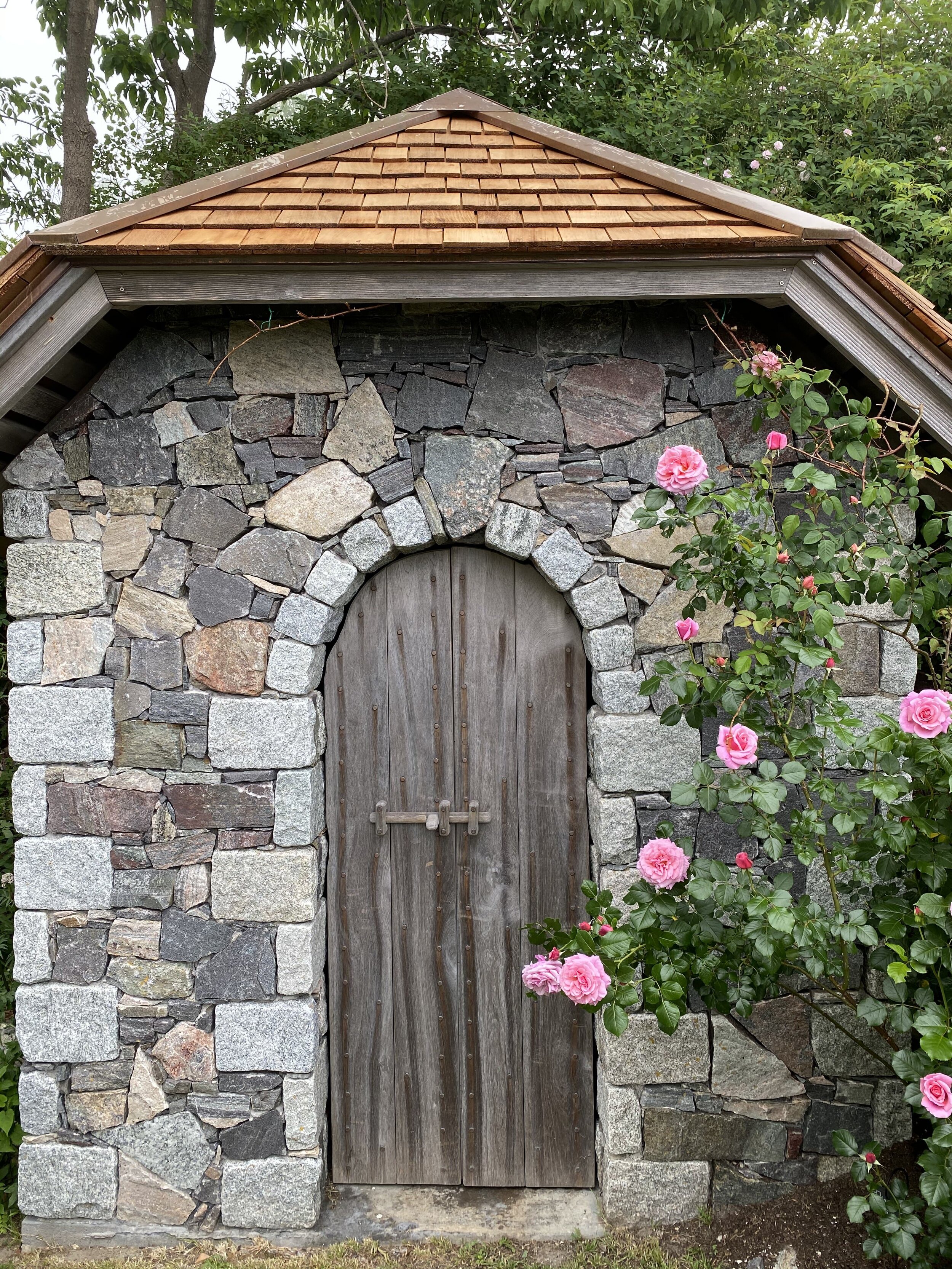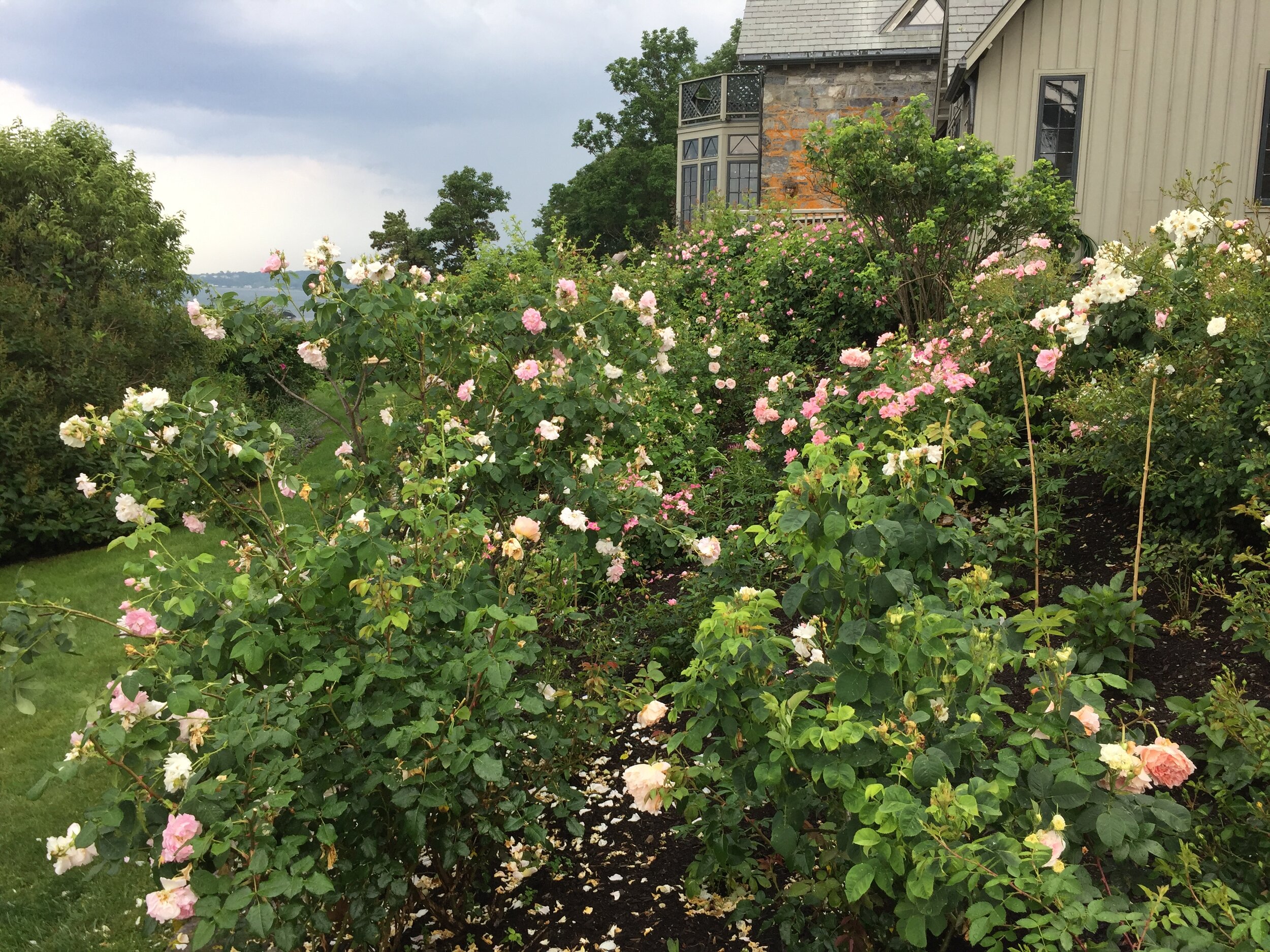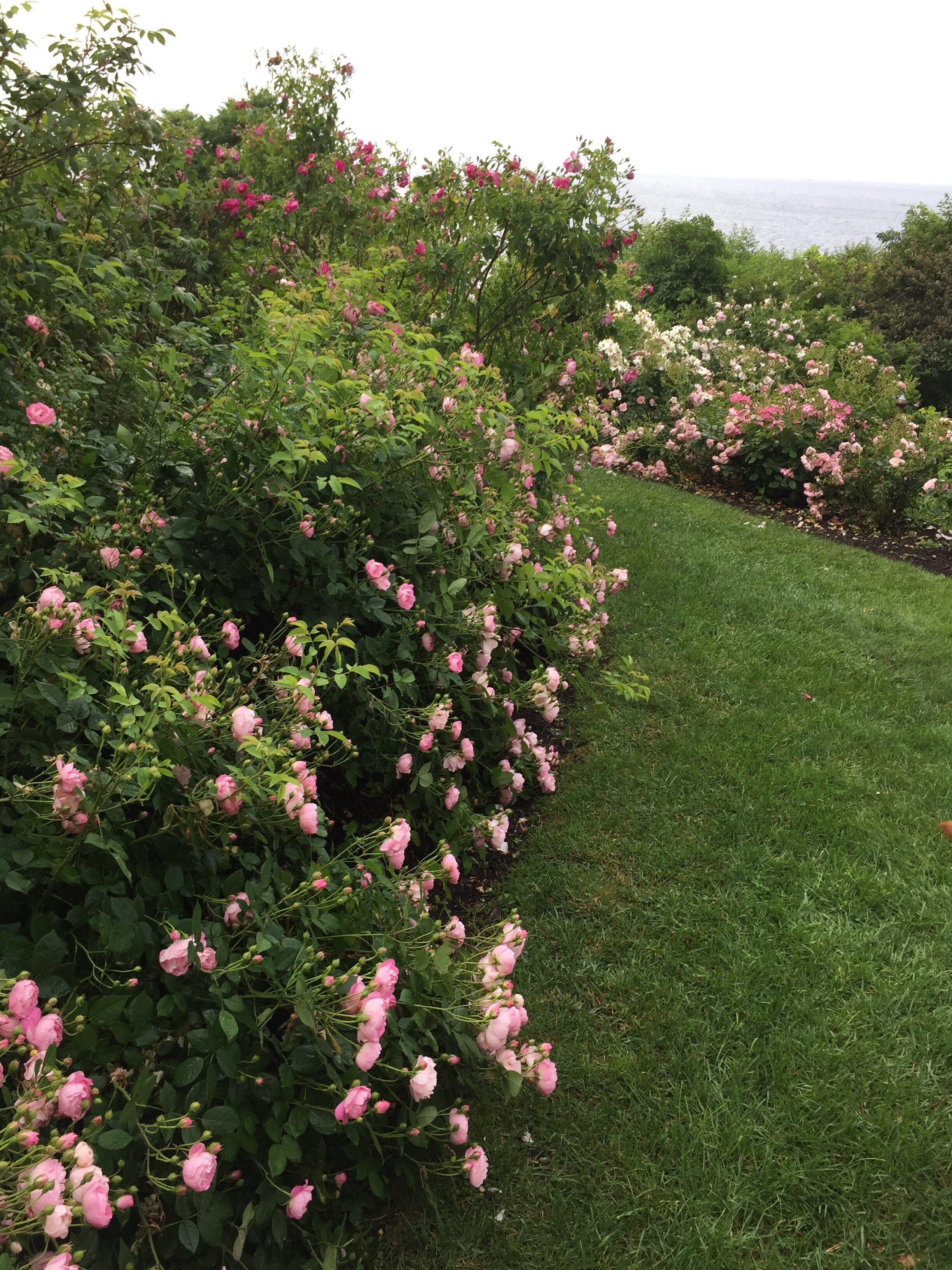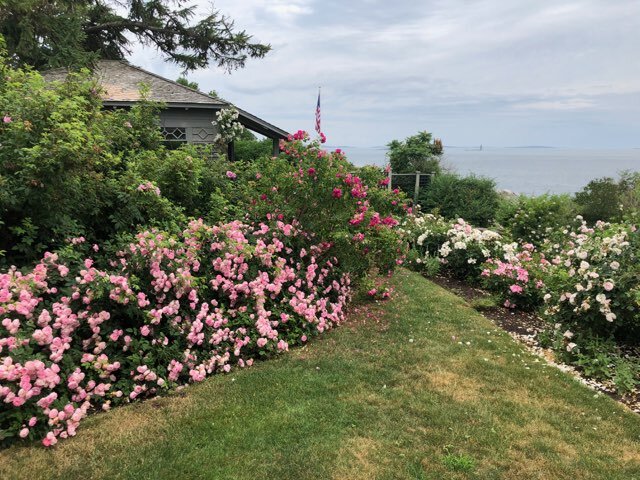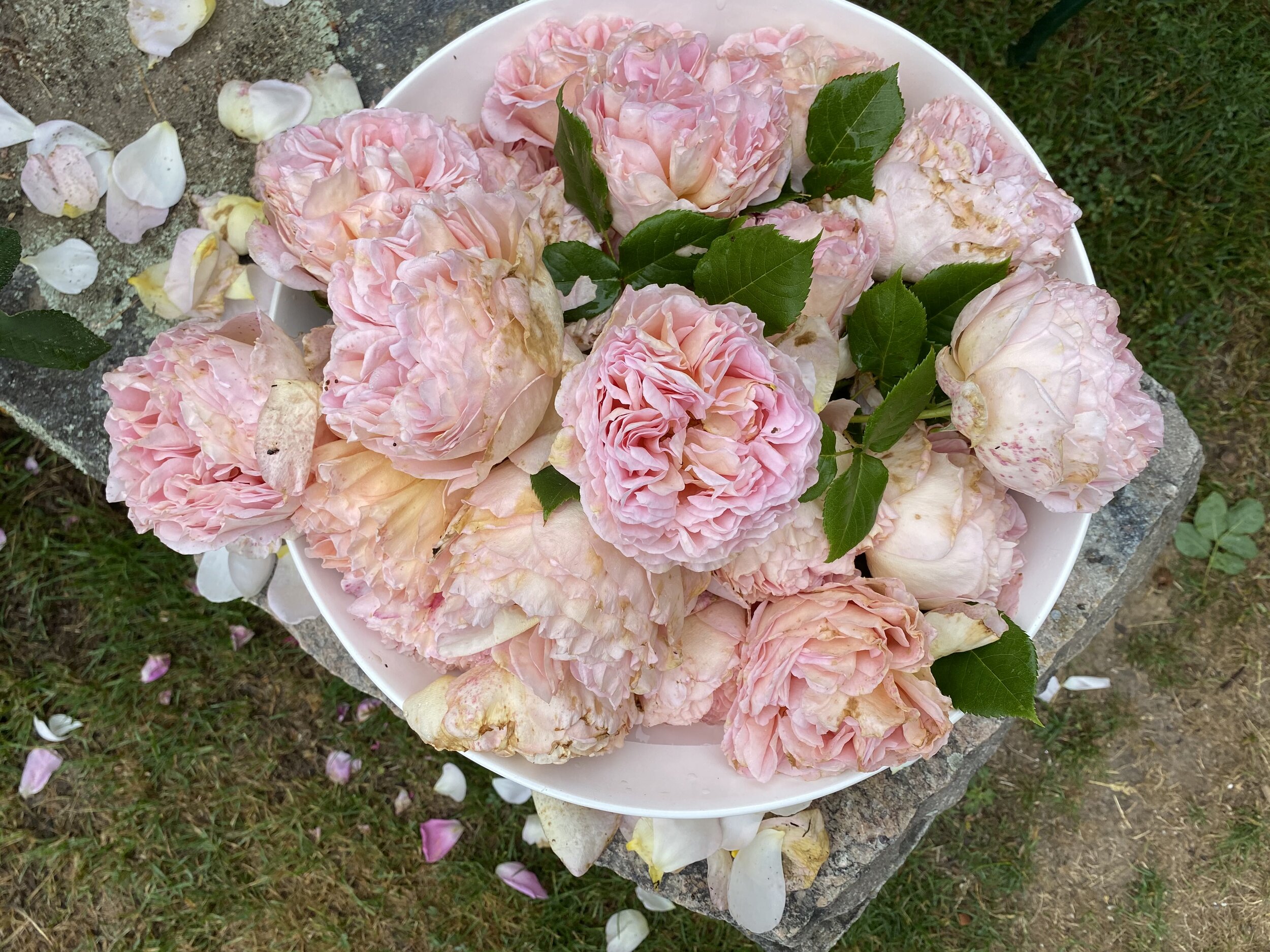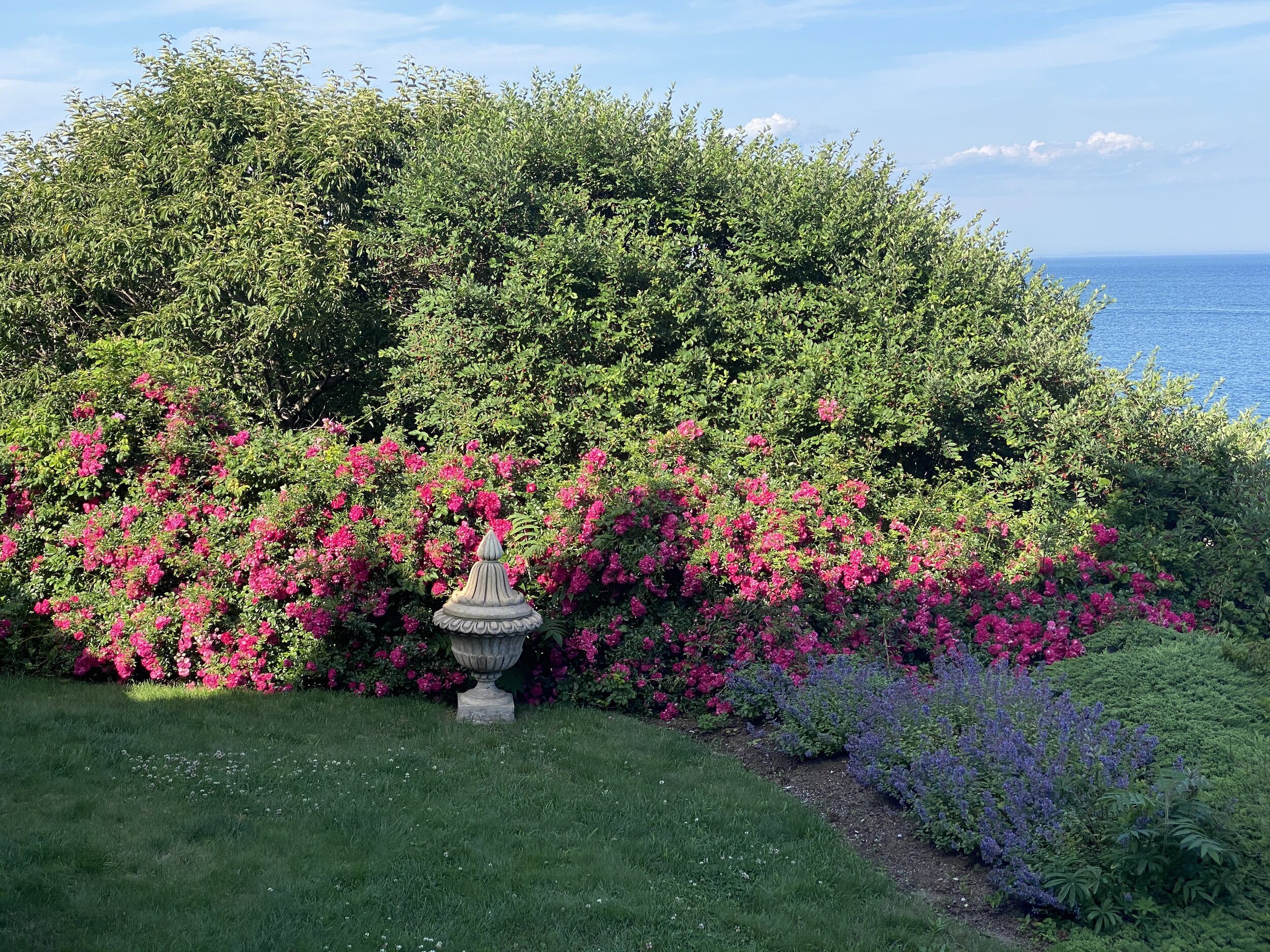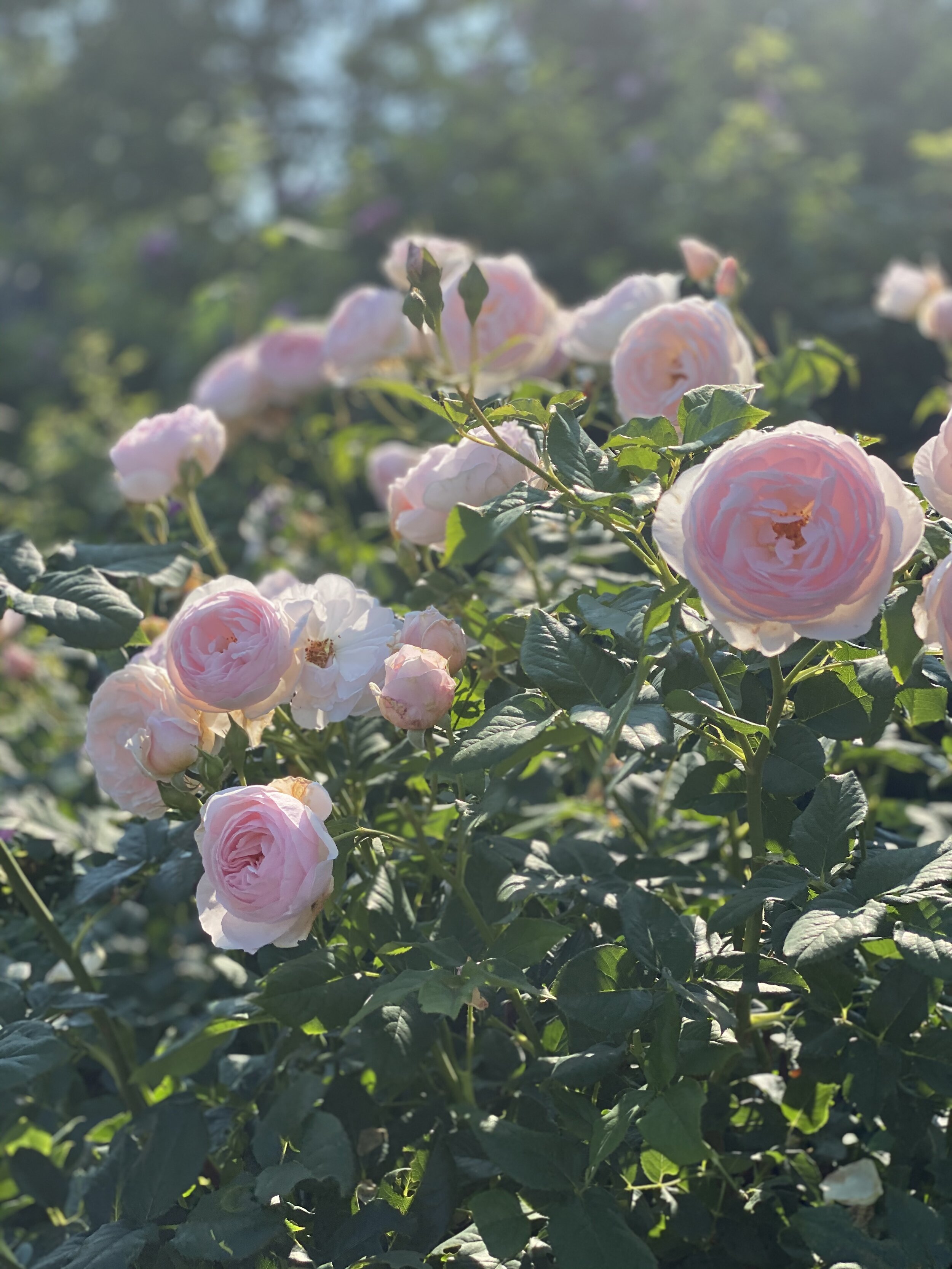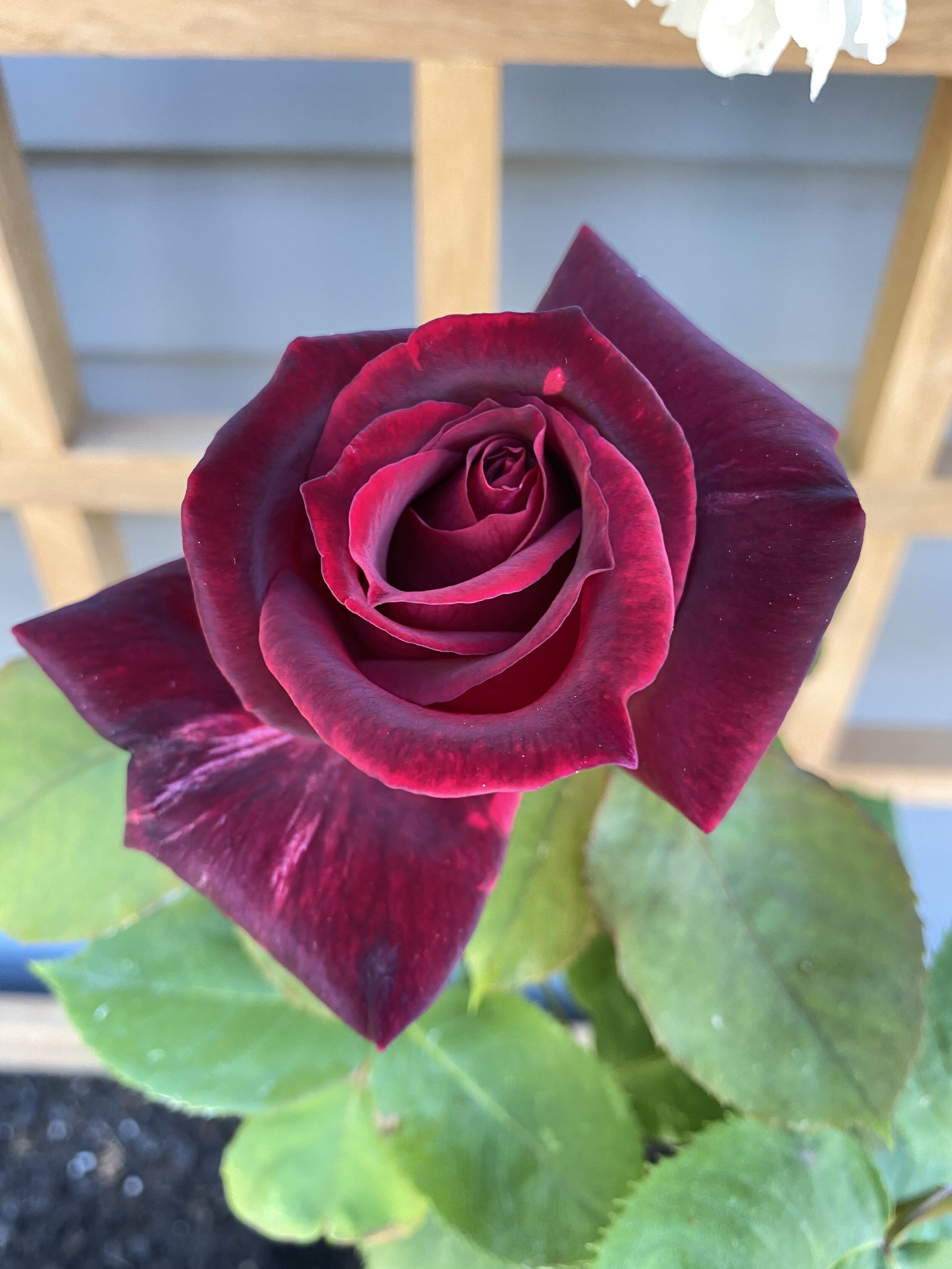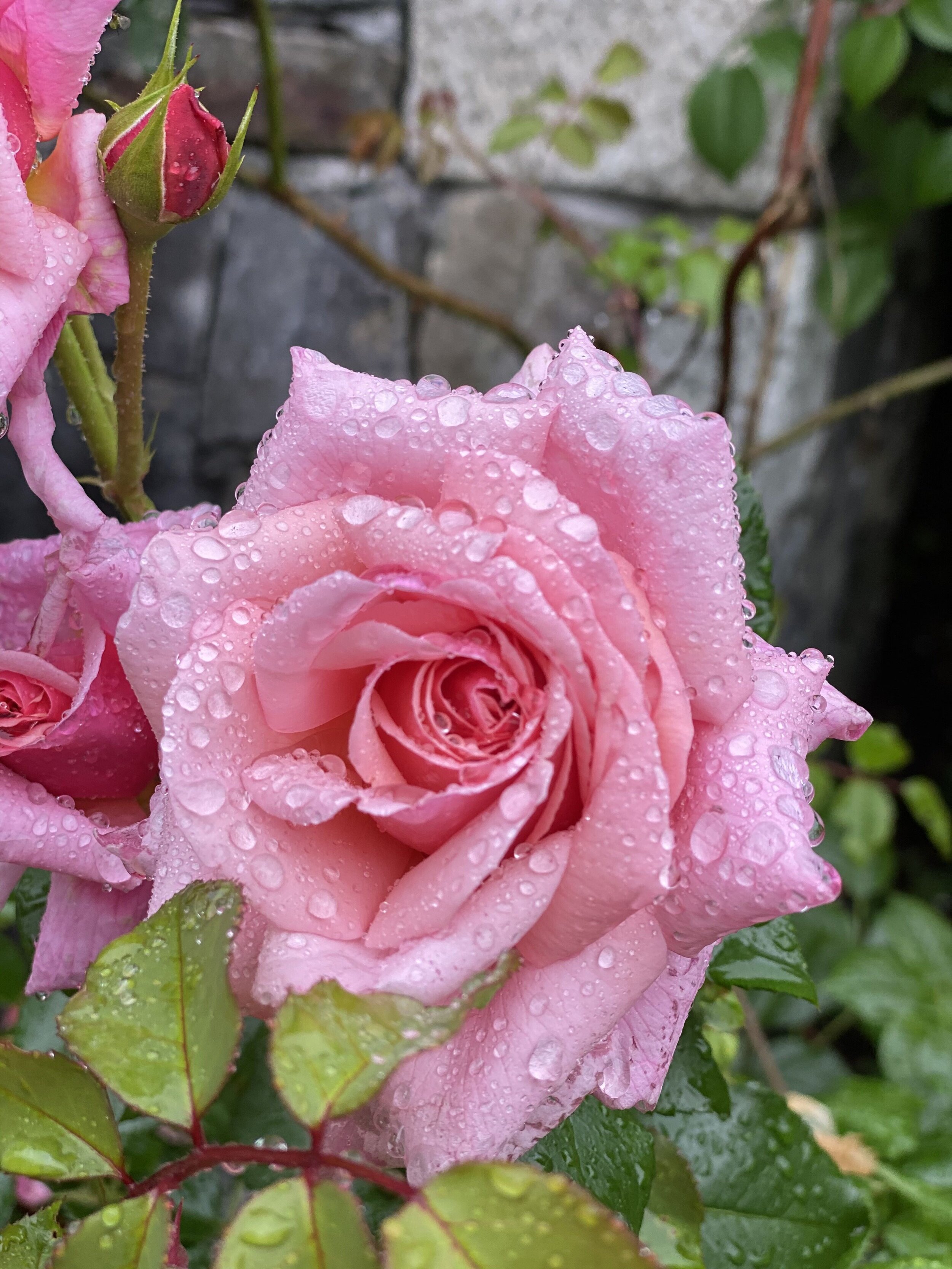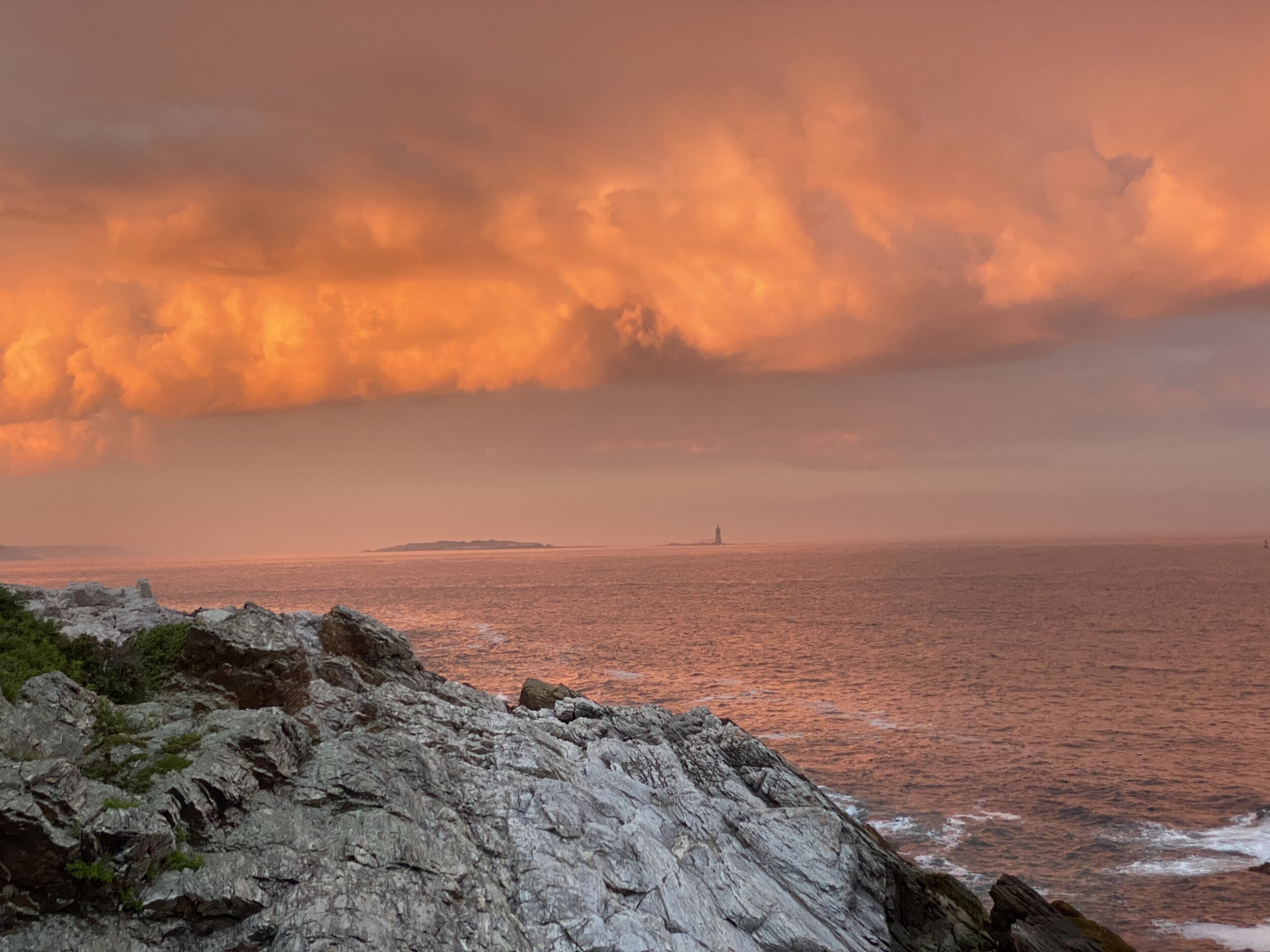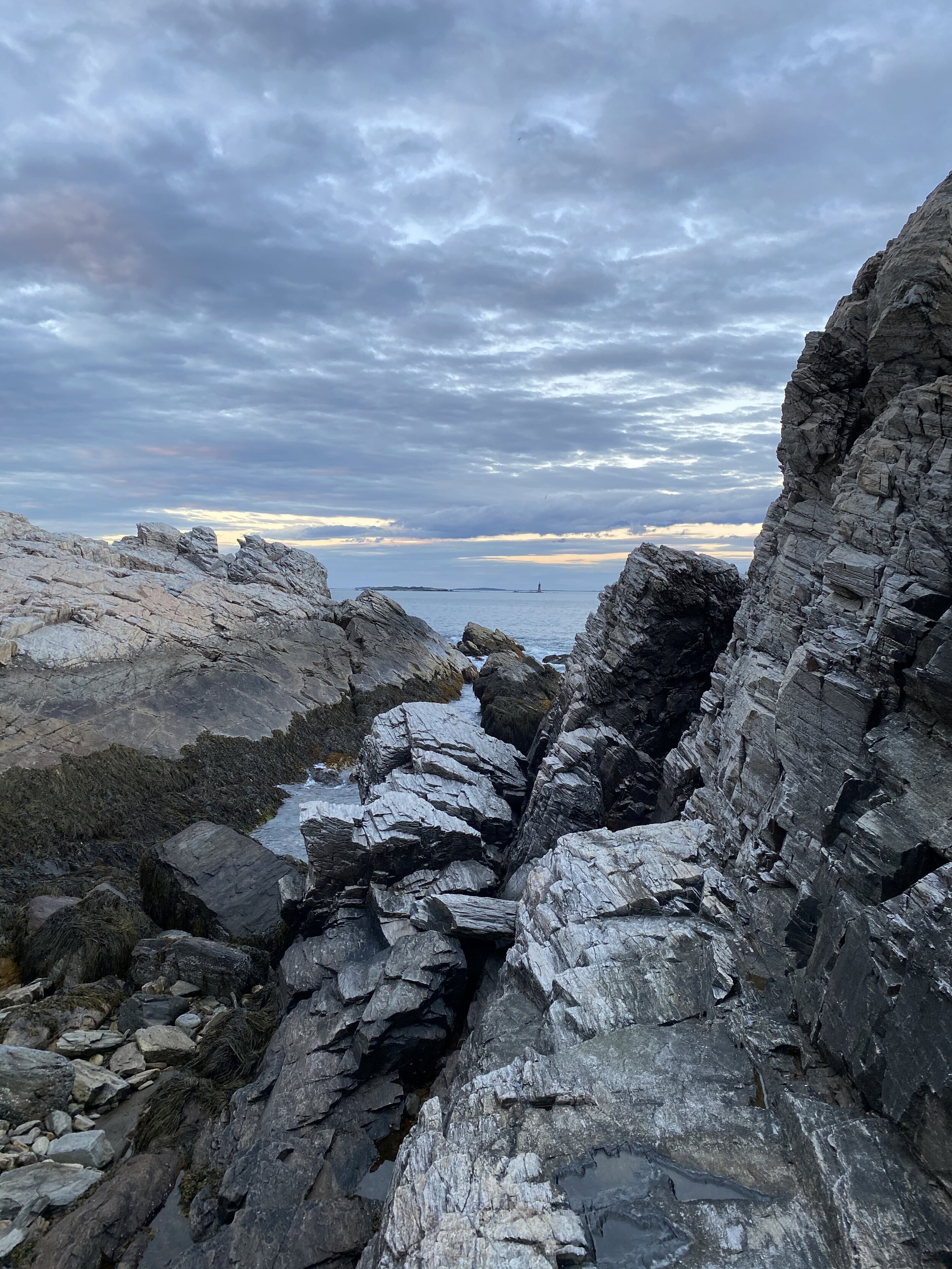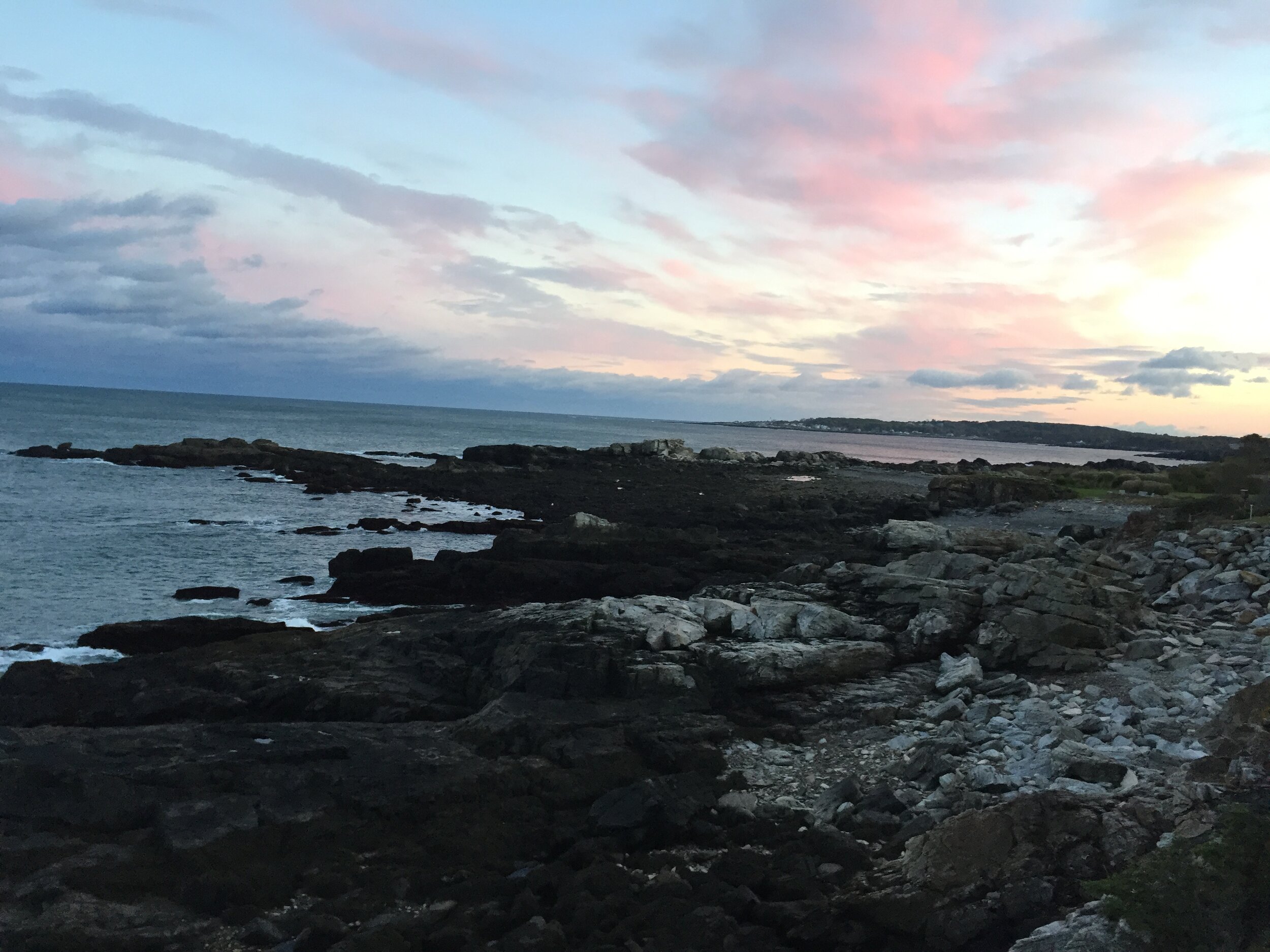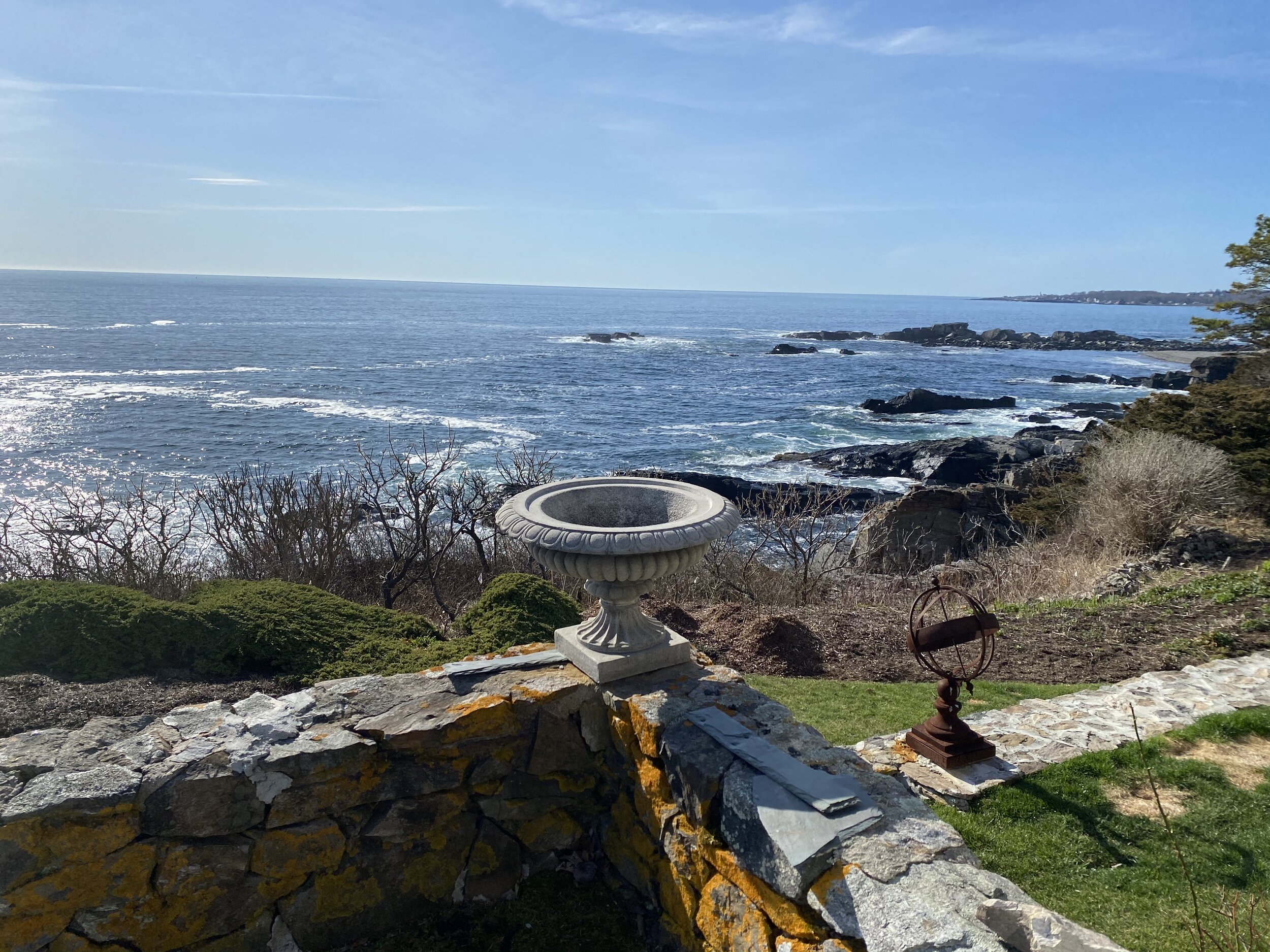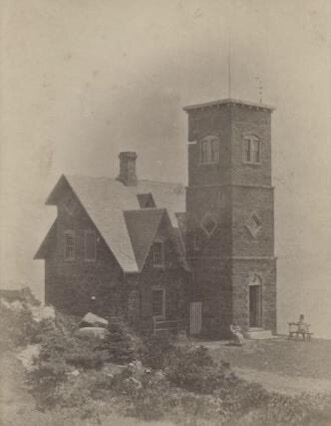About Hogfish
What & Why Hogfish?
Hogfish heals the division of our times by cultivating a new genre of Regenerative Arts - stories and artistic experiences that help us remember our connection to each other and the earth. To do so, we have created a 501(c)(3) non-profit production company and residency that works both from the top-down and bottom-up. From the top-down, the production company adapts classics and creates new works that center traditionally under-represented voices. From the bottom-up, the residency supports artists-in-residence to create Regenerative Arts projects from their own perspectives.
We are named after the fish with a snout like a pig that lives its life as both sexes. It surpasses our pre-conceived notions and invites us into a lived experience of the world that is authentic, bigger, and better. That is Hogfish.
What Are the Regenerative Arts?
Regenerative agriculture holistically restores soil health and biodiversity for the benefit of the entire ecosystem. Its foundational belief is that the world has a natural intelligence, which if humans honor by working with it rather than against it, will lead to harmony and abundance for all. Indigenous wisdom and western science both support this foundational belief.
Like regenerative agriculture, Regenerative Arts holistically restores health and diversity, but to human hearts and culture, for the benefit of all. It rests on a similar foundational belief that humans have a natural connection, observed in young children, which if we work with rather than against, will lead to harmony and abundance for all.
Who are the Founders?
Born in Portland, Maine, Edwin and his husband and co-founder Matt Cahill are internationally and nationally acclaimed performing artists, healers, and educators. They have collectively performed, directed and taught at many of the major institutions and stages of the world including Broadway, the Metropolitan Opera, and the Juilliard School.
What has Hogfish achieved so far?
Hogfish has produced three seasons of top-down and bottom-up work, supporting forty-eight artists-in-residence and their individual projects. Highlights include CarmXn, a modern adaptation of Carmen on the US/Mexico border with a LatinX cast; and our first new production, Queen Marinette, a new indigenous and non-indigenous collaboration musical about connecting to ancestry in America, and 2024 artist-in-residence Hailey McAvoy’s individual project Learning to Walk Again - Third Time’s the Charm exploring disability, access, queerness, spirituality, and what it means to be a fully embodied person, which has been selected to be presented at the National Sawdust new-music venue in New York City.
Where Hogfish is Going Next
Entering our fourth season, Hogfish and our work in the Regenerative Arts is at a crucial growth stage. We have outgrown our first container. To continue our development, we need to raise funds to:
Hire a full-time executive director and development director
Create a new works fund to continue supporting new Regenerative Arts creations
Record, document, and digitally disseminate our new Regenerative Arts works to share with a wider audience
Found a year-round Regenerative Arts Center offering regenerative events and education to our community
Build a solar-powered mobile performance tent venue to bring our work to new communities
The History of our Home Beckett Castle
Sylvester Beckett and his daughter pose in front of the castle he built that is now named for him on the rocky coast of Maine in the late 1800’s.
Hogfish and Beckett Castle are located on the unceded territory of the Wabanaki people who include the Abenaki, Penobscot, Passamaquoddy, Maliseet, and Mi’kmaq nations. We give gratitude to these original and current stewards of the land we now call Maine, and we honor that so much of the idea of regenerative arts is rooted in returning to indigenous ways of knowing how to be in right relationship with the land and each other, which the Wabanaki have held and cultivated for millennia, in the face of fierce opposition, violence, and negligence from our own ancestors.
In 1871, lawyer, poet, amateur ornithologist, and spiritualist Sylvester Beckett built the first summer residence in Cape Elizabeth, Maine: a stone cottage with a three story tower perched on top of jagged rocks and crashing waves with a one hundred eighty degree view of the Atlantic Ocean and five lighthouses.
“Beckett Castle” quickly became the pre-eminent gathering spot for writers, artists, and society folk. Beckett was a spiritualist like Rudolph Steiner who founded the Waldorf School, and Beckett had a deep belief in the connection between the living world and the after-life. When Beckett died, many stories maintained that Beckett’s soul continued to live in the castle and by the 1970s there were numerous published reports of supernatural activities in the haunted castle.
“Gone, gone forever — and well gone, perchance —
Are the blithe days when wandering troubadour
In camp and castle sang the deft romance…
...Their wealth of myth and pageant to inspire
Our dreams, still are there those devoted to the lyre!”
Beckett Castle languished until social-worker and amateur rosarian Nancy Harvey won the castle at an auction in 1981. Harvey restored the property, and with the help of gardener Lynn Shafer, spent the next thirty years creating a private rose garden that was eventually featured in the final book of Peter Beales, the royal rosarian to the Queen Mother.
In 2018, Edwin and Matt Cahill purchased Beckett Castle with the dream of joining Nancy Harvey’s vision of a magical rose garden on the rocky cliffs of Cape Elizabeth with Sylvester Beckett’s castle hermitage for artists and thinkers, where the next generation can create new works and performances to inspire the communities in Maine and around the country.
2020 was planned as Hogfish’s inaugural season, but was cancelled due to the worldwide Covid pandemic. In 2021, Hogfish held their first event in the Beckett Castle rose garden, and the annual season-opener “Kegs & Roses” was born featuring artists-in-residence performing in the rose garden while audience members drink local brews by the crashing ocean waves. In 2022, Hogfish launched its inaugural full season with a modern Maine adaptation of Gluck’s The Magic Tree. The rest, is ongoing history.
Hogfish Resonance Podcast Episode
Learn more about the founding of Hogfish in this interview with Hogfish founders and co-directors, Matt & Edwin Cahill from season one of our podcast.
Beckett Castle & the Rose Garden Today
“One single rose is every rose,
and this one: the irreplaceable one,
the perfect one, a supple spoken word,
framed by the text of things.
How could we ever speak without it
of what our hopes were,
and of those tender moments
In the continual departure.”
